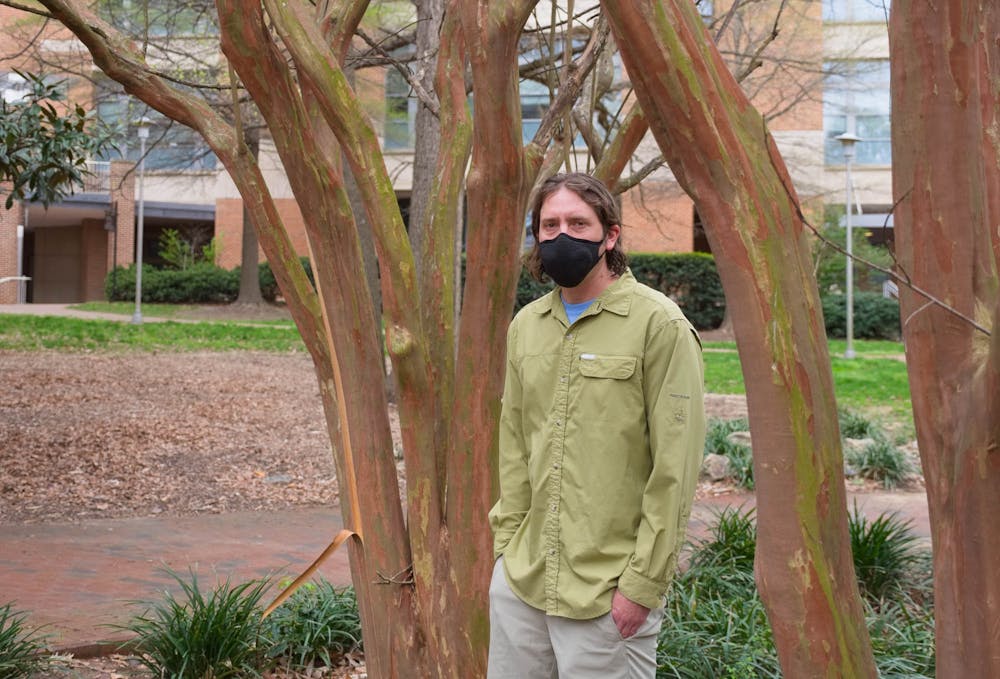A UNC-affiliated startup is advancing gene therapy to help patients suffering from a rare disease that can lead to vision loss.
The company, known as RainBio, is developing a particular type of gene therapy to combat blindness in patients with Mucopolysaccharidosis type I.
MPS I is caused by mutations in a gene, which leads to the absence of the corresponding enzyme. Without this enzyme, different organs and tissues of the body enlarge, resulting in debilitating conditions, including corneal clouding, which creates vision impairment. But RainBio aims to treat this.
RainBio Co-Founder Matthew Hirsch, an associate professor at UNC, said he began work six years ago on what would become the startup’s first product after connecting with Dr. Joanne Kurtzberg at Duke University, who treated MPS I patients with stem cell transplantation. Despite improving mobility and neurological processes, Kurtzberg found her patients still went blind due to corneal clouding.
She proposed this type of gene therapy, adeno-associated virus gene therapy, to correct vision loss. RainBio’s product works by injecting the virus into the eye, which is harmless to patients. The virus acts as a delivery vehicle for a sequence that produces protein that the patients lack, Hirsch said.
“What we are using is just a protein capsid,” Hirsch said. “Inside is just the single stranded piece of DNA, and in that DNA the only thing that encodes protein is the sequence that we engineer inside of it. Then it makes the protein that the patients are deficient for.”
Fran Martin, president of RainBio, said these therapies promise patients only have to complete the therapy one time.
“You just get the gene in your system — the corrected gene in your system — one time and your body and your cells are able to have the corrected genetic code,” Martin said.
The product has a Pre-IND, or pre-investigational new drug, status with the Food and Drug Administration, which means the FDA has not yet permitted a Phase I clinical trial, Hirsch said.




